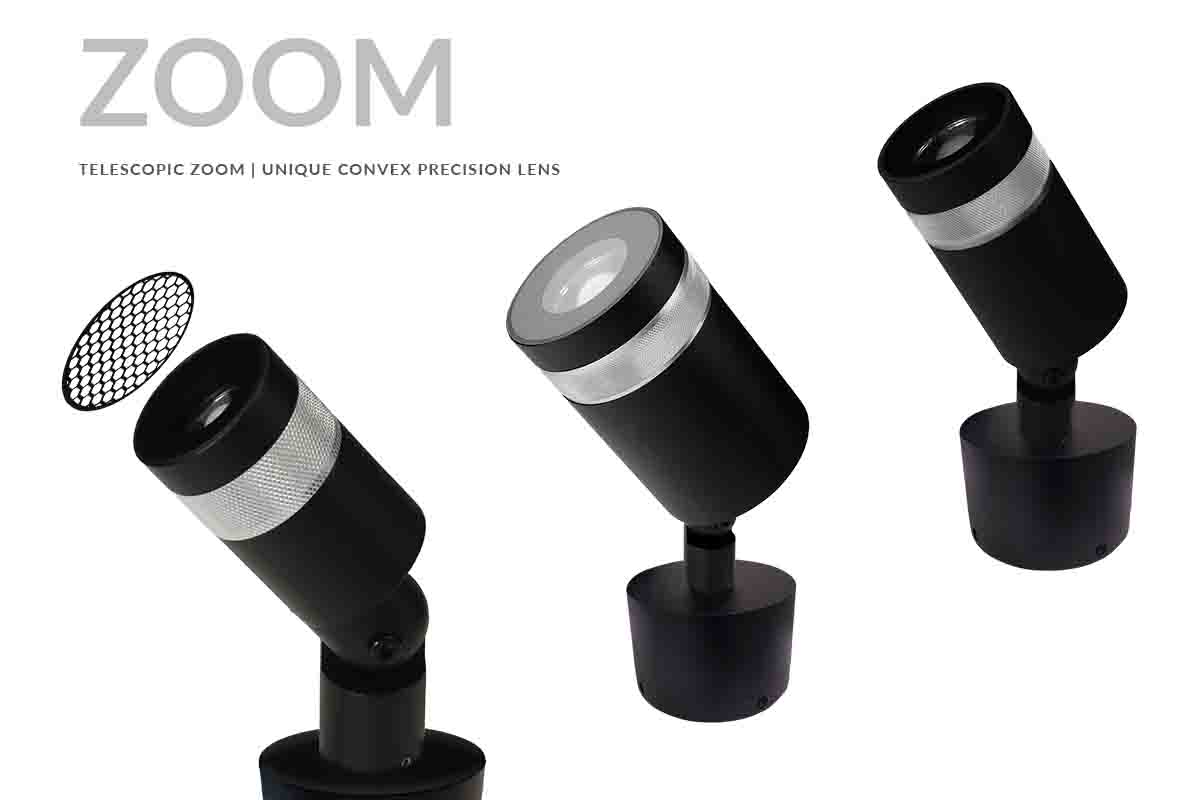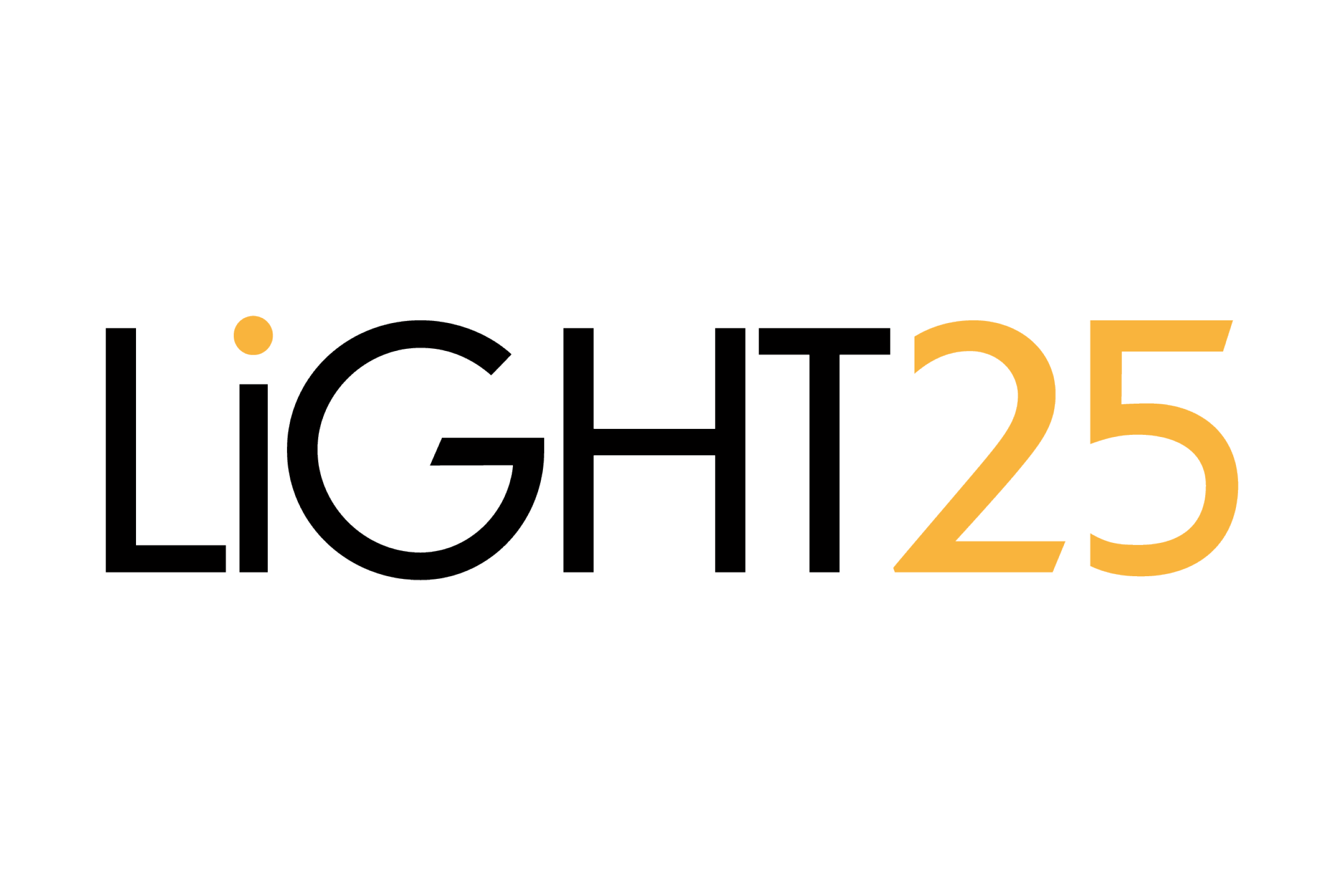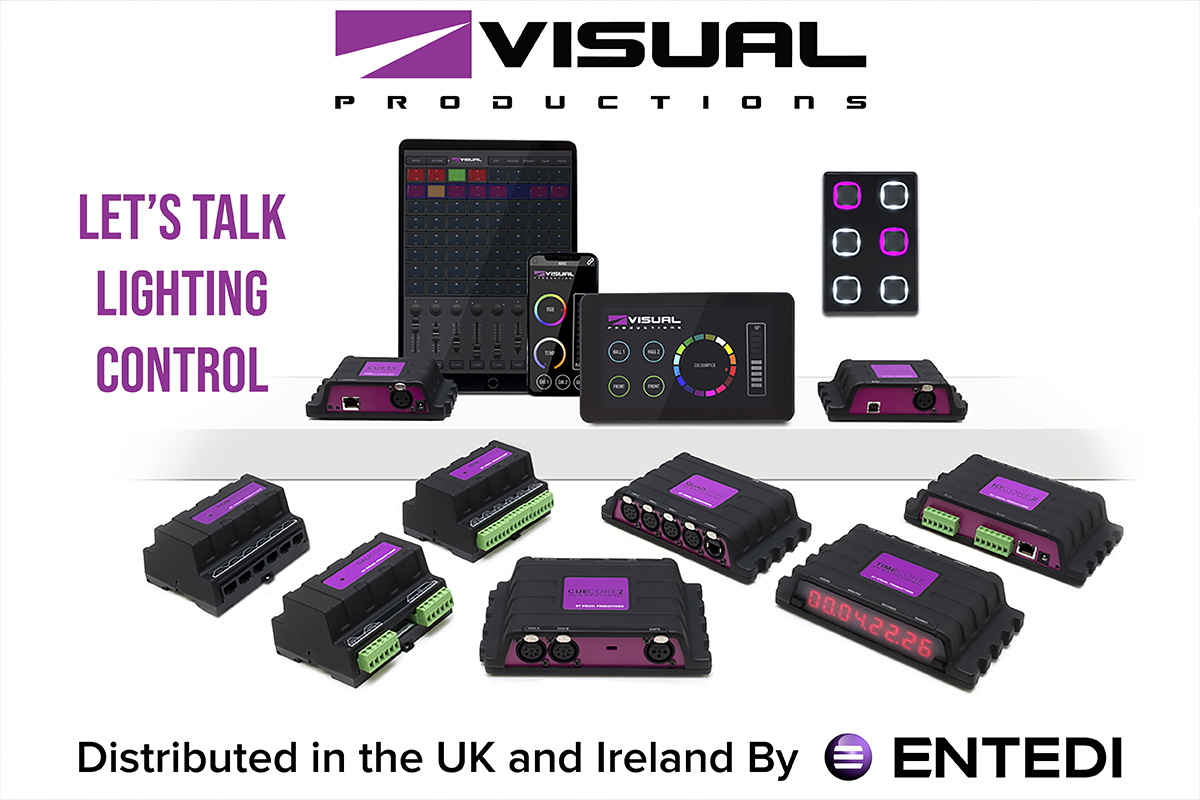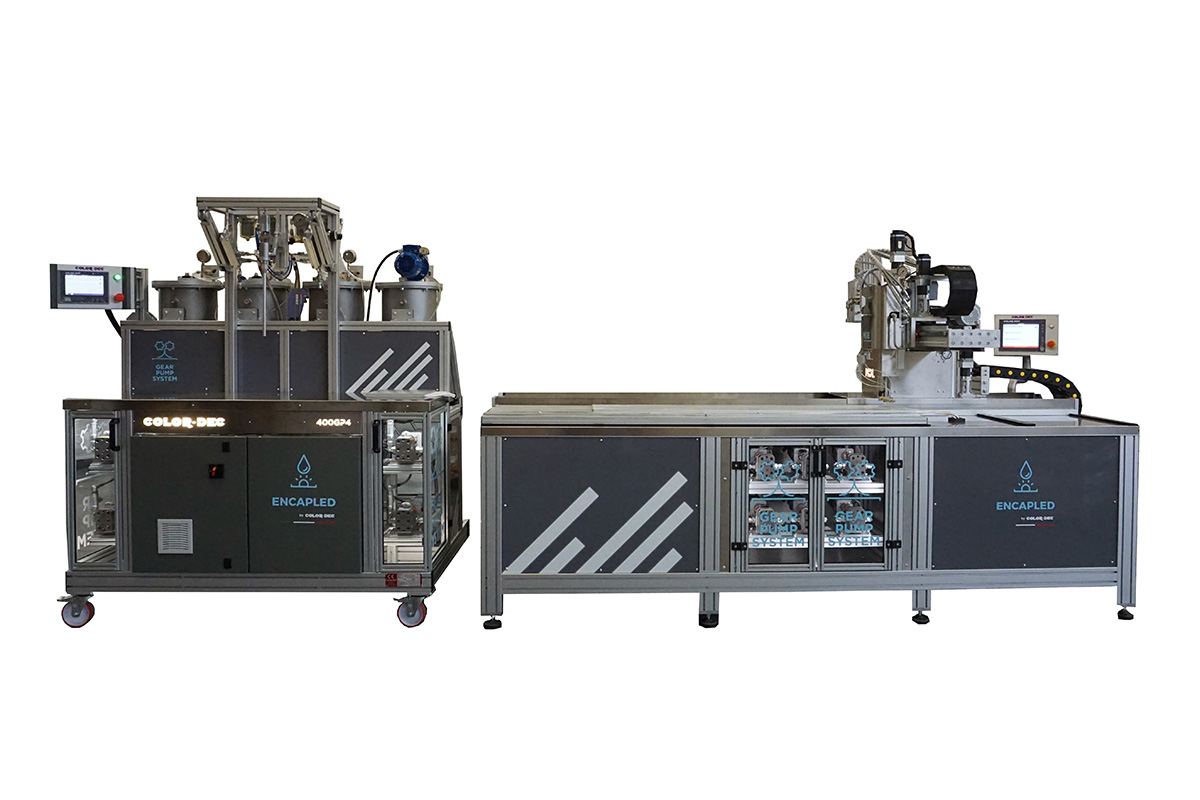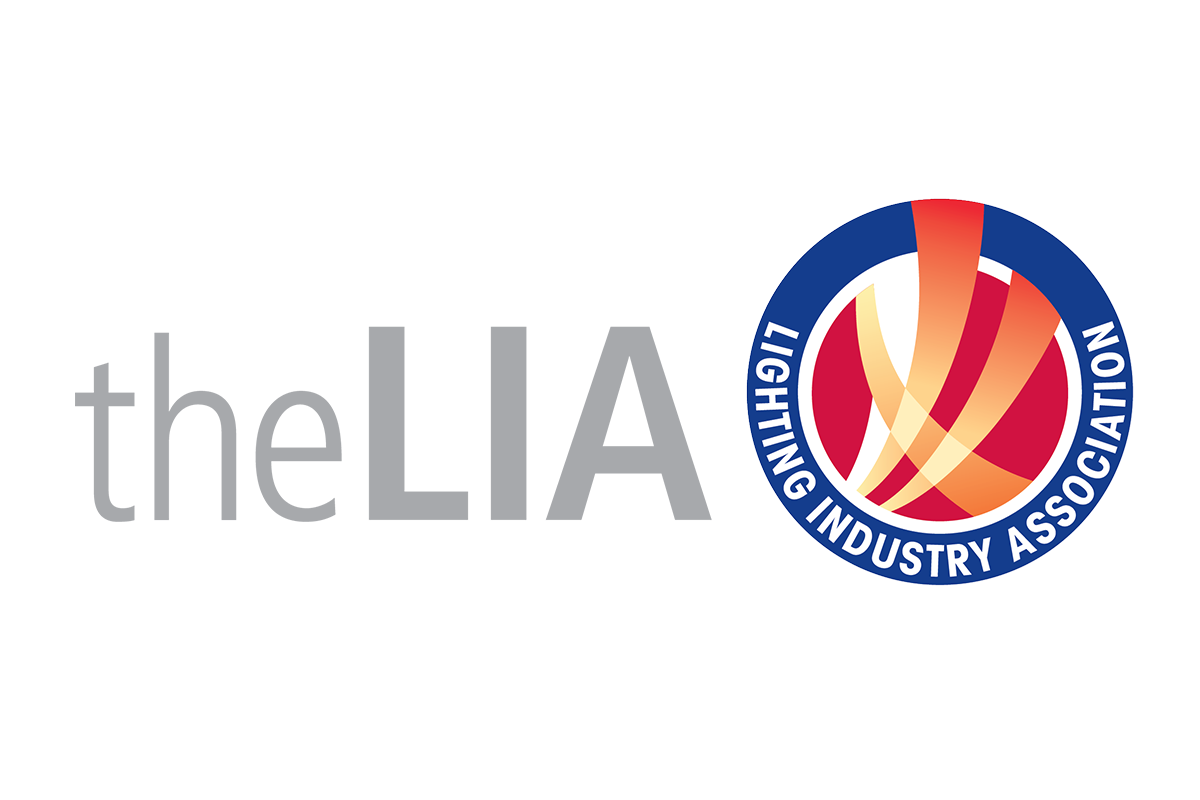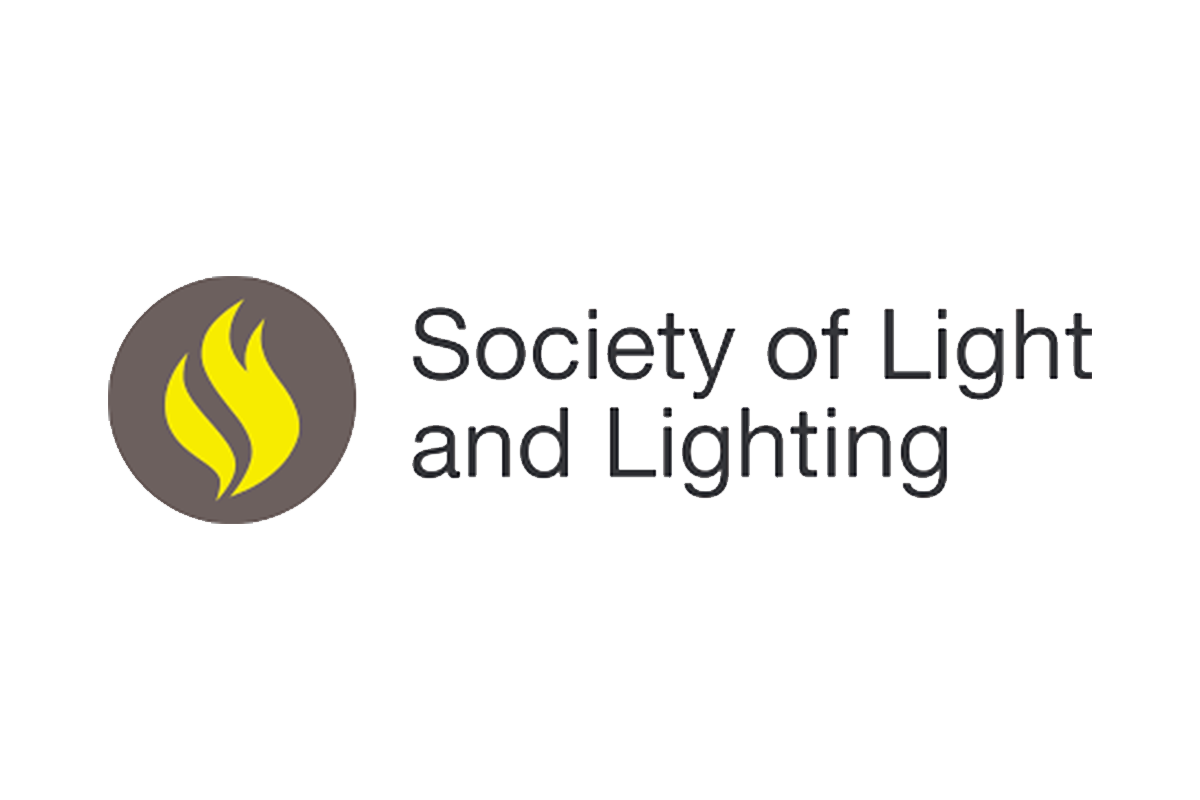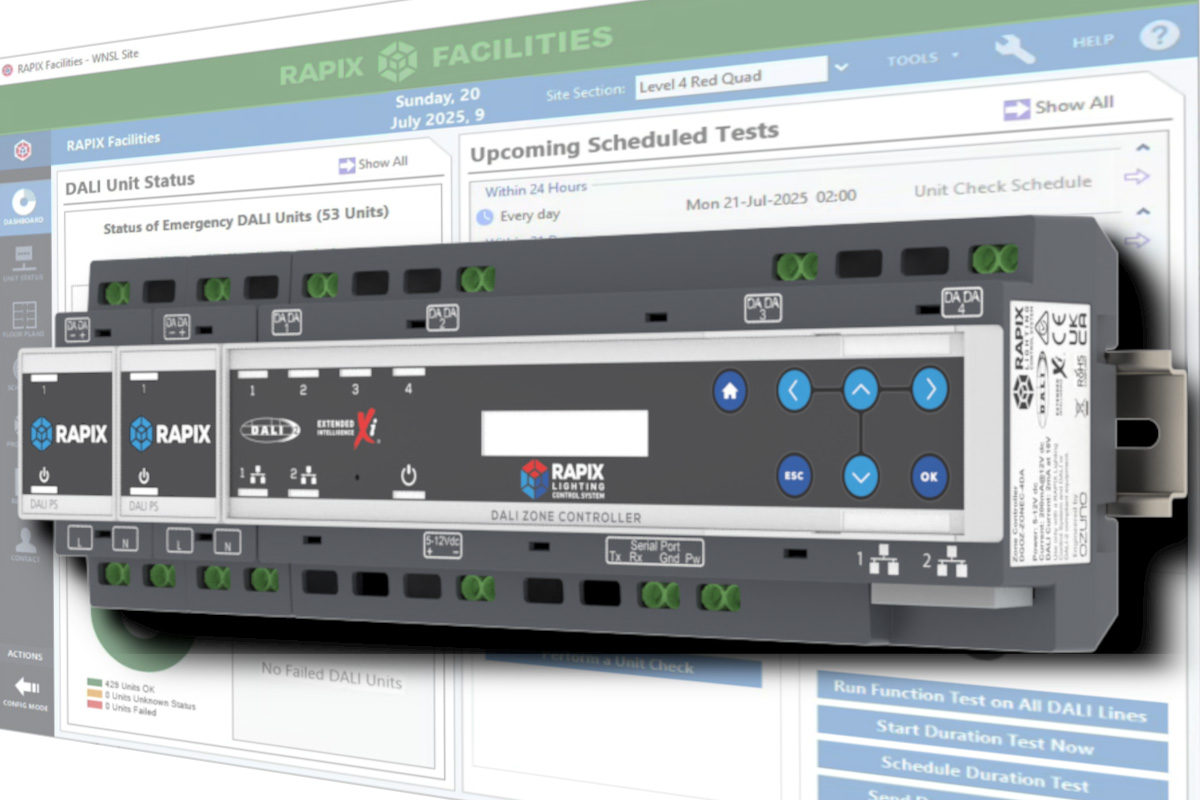GAP LIGHTING
Gap Lighting is a recognised leader in Smart LED lighting solutions and colour control systems. We are a project led company – experienced, knowledgeable and innovative. We offer bespoke solutions including made to measure linear flex and professional Dialux lighting designs. Projects are our specialism and we have an extensive global portfolio which includes Private Homes, Hotels, Gyms, Spas, Restaurants, Car Showrooms, Cinemas, Theatres, Town Halls, Retail Outlets, Arenas, Schools, Universities, Hospitals, Stations, Airports, Castles, places of worship and many other. We have a professional team who work closely with installers, electrical wholesalers, lighting designers and architects, providing inspirational lighting designs for residential, commercial and architectural projects in the UK and worldwide.
TWILINE
TWILINE by W. Wahli – Swiss Engineering for Smart Home, Smart Building and Smart Living
The Swiss technology firm W. Wahli (est.1944), with its brand TWILINE, is recognised as a leading provider of innovative smart home and building automation solutions. For more than 35 years, we have been developing and manufacturing sustainable, energy-efficient TWILINE products and systems that combine Swiss precision with future-oriented technology.
At the core of its ecosystem stands the TWILINE Web-Server Central Unit Z5 together with the powerful TWILINE Software xTool – a high-performance yet user-friendly platform for seamless integration, configuration, visualization, and control of all building functions. From automated shading and customised lighting moods to integrated security, multi-room audio, as well as heating, ventilation, air conditioning, and many more – xTool provides a central, intuitive interface for both electricians and integrators. It ensures maximum comfort, efficiency, and sustainable value creation for every building and end-users.
What sets us apart is our unwavering commitment to durability, reliability, and simplicity. For us, true innovation means technology that operates invisibly, intuitively, and dependably in the background.
As a Swiss technology designer and manufacturer, we remain committed to long-lasting engineering excellence. Our solutions are not only easy to install but also modular, expandable, and retrofittable – consistently designed for sustainable smart living in homes, offices, universities, and public buildings.
Together with our solution partners, we are shaping smarter, safer, and more sustainable living spaces. The future of building automation is not tomorrow – it is already here, with TWILINE.
VISUAL PRODUCTIONS
Represented by Entedi at LiGHT 25, Visual Productions' in-house developed range is designed for seamless integration into hospitality, museums, themed environments, system integration, and architainment projects, while also offering the flexibility to run as standalone systems. With a strong emphasis on usability, Visual Productions delivers versatile, intuitive lighting control products that are rapidly becoming a preferred choice across the market. Whether you’re upgrading a museum display, crafting immersive experiences in themed environments, or enhancing architectural spaces with dynamic lighting, Entedi's dedicated team of industry professionals are here to support you.
Visit the Entedi LiGHT 25 stand: T19
GANTOM
Gantom Lighting & Controls, formerly Darklight, was founded in the Spring of 2010 as a manufacturer of special-effects lighting equipment catering to the themed attraction industry. We specialize in illumination of low-light and space-constrained environments where traditional theatrical luminaires aren’t suitable.
Our “Precision” series of LED fixtures were developed with compactness, safety, modularity, and ease-of-use in mind to allow lighting designers to illuminate environments impossible to illuminate with larger fixtures. In 2011, we expanded our product line to include compact controllers that add a dynamic element to our luminaires.
In late 2012, we launched a new line of products designed for the professional lighting and architectural markets called the “Gantom” series. Our award-winning products have become the “secret weapon” of many lighting designers and industry experts and have been installed in a wide range of venues around the world including theme parks, museums, bars and clubs, casinos, and haunted attractions.
In late 2014, after experiencing an extended period of extraordinary growth, Darklight rebranded itself as Gantom to reflect our metamorphic expansion and intention to develop products beyond our original scope. In 2015, we launched our Gantom Live! division, which specializes in low-investment, interactive technology for attractions. One of Gantom’s flagship creations is the Torch Technology—infrared (IR) beacons placed throughout a venue which transmit live show data to guest wearable devices. Torch Technology was most recently used in interactive snowflakes at the holiday season ICE! at Gaylord Palms Resort & Convention Center.
2016 was a big year for us. Our Torch Technology was a recipient of the 2016 Thea Award, an honor conferred by the Themed Entertainment Association (TEA) in recognition of a technology’s creative potential. We also launched our ZTag product at IAAPA. In ZTag, players wear IR badges that interact not only with the environment but with each other. Our “Storm Series” release was a significant milestone; this is an entirely new product line and represents our official entry into the architectural lighting market.
Rounding out our accomplishments in 2016 was our acquisition of the Haunted Attraction Network and the creation of the Gantom Media division. Gantom Media produces several audio programs, operates multiple web properties, and distributes an industry print magazine. Gantom Media has become the largest global media entity in the haunted attraction industry.
Gantom is a combination of “Gan,” our founder’s last name, and “Phantom,” which reflects our humble Halloween lighting beginnings. Gantom is a proud member of PLASA, USITT, IAAPA, HAA, and TEA.
Gantom is represented by Mushroom Lighting at LiGHT 25. Head to stand: 70
www.gantom.com
COLOR-DEC
Who We Are
Color-Dec is an Italian company specialised in resin encapsulation technologies, combining the design and manufacturing of resin deposition machines with the production of high-quality polyurethane resins. With decades of experience, we support industries worldwide in creating durable, reliable, and visually distinctive components.
What We Do
Our core expertise lies in developing polyurethane resins and automated solutions for encapsulation, ensuring both protection and aesthetic value. We offer a complete range of resins designed to meet the diverse needs of LED lighting and other demanding applications. Available in clear or opal, and in flexible or rigid formulations, our resins provide maximum versatility.
All Color-Dec resins are engineered for outdoor durability and tested to withstand the harshest environments, guaranteeing long-term performance without compromising appearance. Alongside our materials, we design and build resin deposition machines in Italy, ensuring precision, efficiency, and seamless integration into industrial processes.
By combining innovative materials with advanced equipment, we provide our customers with a turnkey solution for encapsulation, enabling them to enhance product quality, extend durability, and optimise production efficiency.
At Color-Dec, innovation, reliability, and customer focus drive everything we do.
THE LIGHTING INDUSTRY ASSOCIATION (LIA)
The Lighting Industry Association has been representing the lighting industry for many years and has an established reputation for representing and assisting lighting-related companies.
Recent years have seen incredible changes in lighting, how it is created and used, and those working with lighting are now a wider and more diverse group than they have ever been. Whatever your involvement maybe, The LIA is here to support you and your organisation to a successful future.
Our mission is based on three pillars: Connect, Support, Represent. We offer comprehensive support services, technical expertise, training, product testing and certification to our members. Additionally, we advocate for their interests at all levels, raise industry standards, and facilitate valuable networking opportunities.
These pillars allowed us to rationalise and group the many benefits the LIA offer into a more digestible format.
INSTITUTION OF LIGHTING PROFESSIONALS (ILP)
As an influential professional body, we are consulted by government on a wide range of issues, including legislation and regulations that affect the built environment. We aim to ensure that proposed measures are both effective and practicable, by serving on committees, and commenting on draft legislation, reports and consultations.
The Institution of Lighting Professionals unites the skills of engineering, design and technology in order to deliver quality lighting for the built environment and achieve public benefit.
In setting and establishing standards for good practice, the Institution seeks to ensure that its members attain and develop the professional knowledge, education and skills to meet necessary competencies, and to enhance their careers.
Working on exterior and interior projects, in public spaces, workplace, leisure, retail and residential applications, members of the Institution of Lighting Professionals deliver excellence in light and lighting, a quality which is recognised by both private and public sectors.
SOCIETY OF LIGHT & LIGHTING (SLL)
The Society of Light and Lighting (SLL) welcomes all who are interested in any aspect of light, lighting, and its applications.
With over 3300 members globally, the Society of Light and Lighting (SLL) is recognised as an authority on lighting and welcomes all who are interested in any aspect of the world of light, lighting, and its design or application. Lighting designers, consulting engineers, researchers, students, academics, manufacturers, sales staff and many more all contribute to and are members of the SLL.
RAPIX
Rapix is a fully DALI-2 compliant lighting control system, with hardware including zone controllers, switches, sensors, relays, and phase dimmers. These can be installed alongside certified DALI-2 compatible lamps and drivers from other vendors.
The system is managed by a suite of commissioning and monitoring software. The system is built around the concept of zones. A zone can contain a single device or many devices across multiple DALI lines and controllers. Zones are controlled by inputs (sensors, switches, etc.), schedules, or custom logic. The free Rapix Integrator commissioning software configures this, performing error checks before deployment to the zone controllers.
For engineers, the system scales to hundreds of DALI lines and offers a powerful logic engine. It supports protocols like Modbus, MQTT, and Bacnet, and includes a comprehensive REST API for integration and development. Rapix Integrator's "Go Mobile" feature allows fittings to be located without carrying a laptop.
Rapix is actively developed, with new functionality delivered to existing hardware via firmware upgrades managed through the Integrator software. Fault reporting and emergency light testing are included in the facilities package. The system is developed in Australia and is stocked and supported in the UK.
YUDA INDUSTRIAL
Yuda Industrial is a distributor of high-quality indoor and outdoor lighting products, offering OEM and ODM services while adhering to international quality standards and safety certifications.
